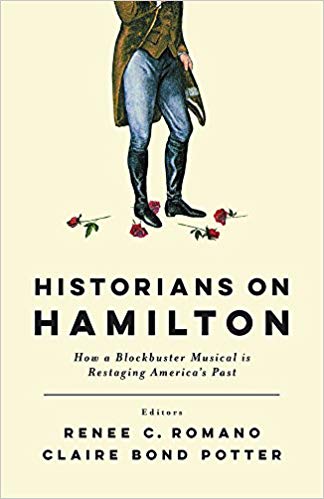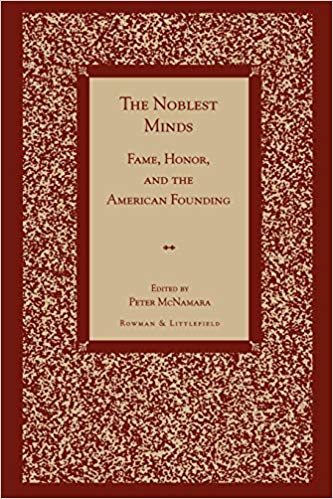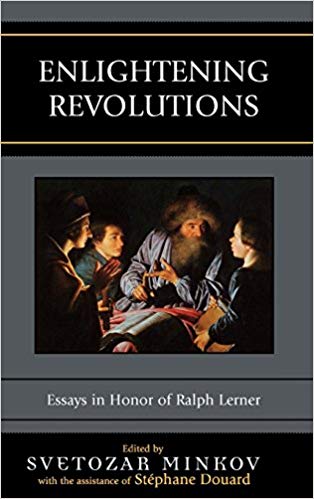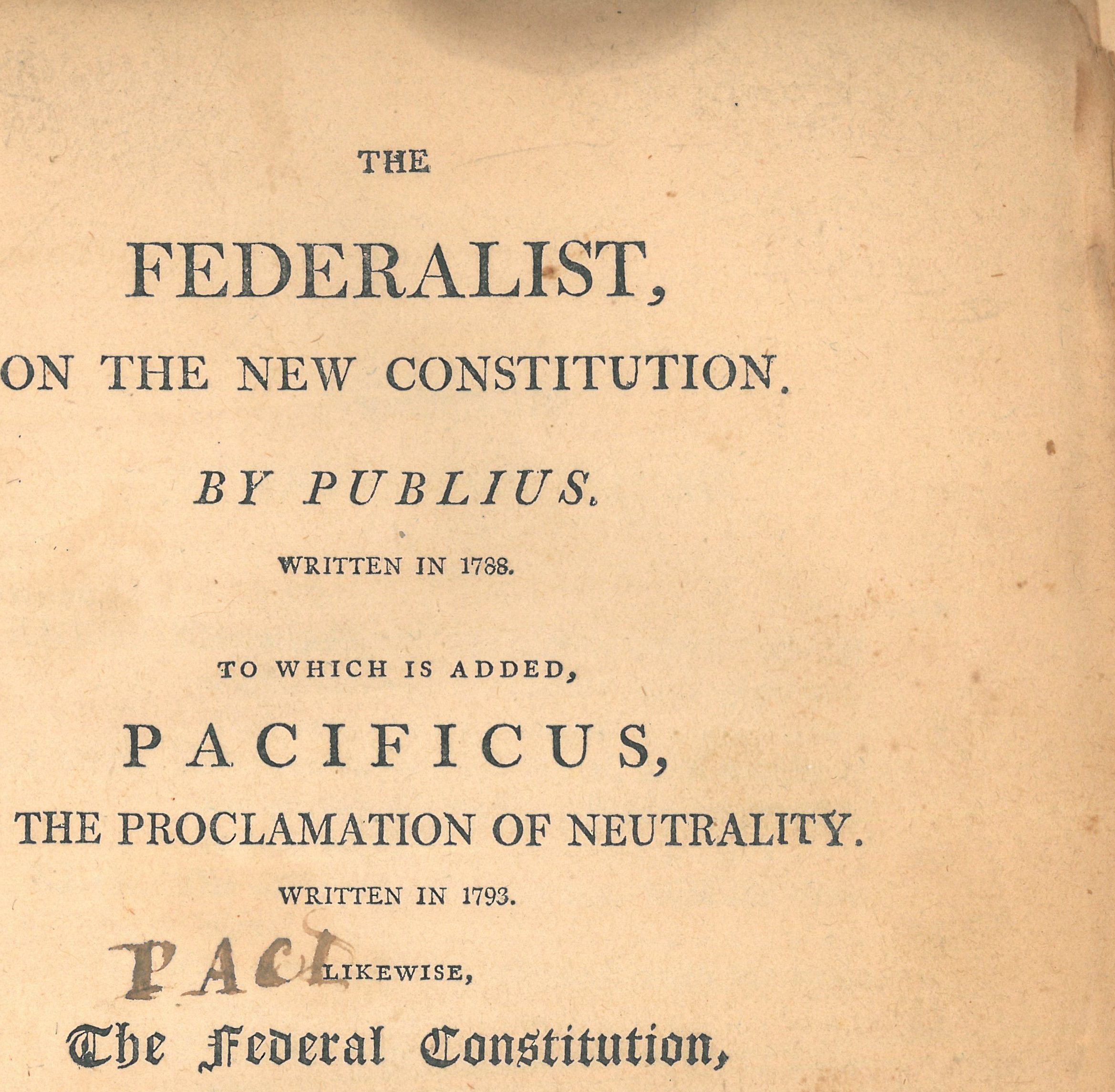Happy Birthday, Alexander Hamilton!
 Alexander Hamilton was born in Charlestown, St. Kitts and Nevis, on January 11, 1755 or 1757 to the unmarried James Hamilton, a Scottish trader, and Rachel Fawcett Lavine. Despite his humble beginnings, Hamilton’s intelligence and determination propelled him to a clerkship and then an education at King’s College in New York City.
Alexander Hamilton was born in Charlestown, St. Kitts and Nevis, on January 11, 1755 or 1757 to the unmarried James Hamilton, a Scottish trader, and Rachel Fawcett Lavine. Despite his humble beginnings, Hamilton’s intelligence and determination propelled him to a clerkship and then an education at King’s College in New York City.
At the onset of the Revolutionary War, young Hamilton joined the patriotic cause, participating in the battles of Trenton, Princeton and Yorktown, among others. During this time, he became one of General George Washington’s most trusted aides. After the war, he was selected as a delegate for the state of New York and served at the Constitutional Convention in 1787. Though he did not take part in drafting the Constitution, Hamilton was a staunch supporter of it and played a large part in its successful ratification. Of the 85 Federalist Papers, Hamilton wrote 51, the most out of the three authors.
In his first term as president, Washington appointed Hamilton as Secretary of the Treasury. As Secretary, Hamilton succeeded in creating the first national bank of the United States, which produced currency, issued loans, and kept government funds. Though influential with Washington, he butt heads with Thomas Jefferson and James Madison over economic and foreign policies.
Later, in the presidential election of 1800, Jefferson faced an electoral tie with Aaron Burr for the presidency. Although he and Jefferson were political enemies, Hamilton felt Jefferson would be a better choice than Burr and publicly argued that the House should award the election to Jefferson. In the succeeding years, enmity only grew between Burr and Hamilton: in 1804, a newspaper reported Hamilton’s expression of a “despicable opinion” of Burr. Based on this report, Burr challenged Hamilton to a duel in which Hamilton was fatally shot and died the following day, July 12, 1804.
On the occasion of Alexander Hamilton’s birthday on January 11, we’ve gathered together a collection of resources recognizing his influence in American political thought and as a founding father. Take a moment today to browse these resources and consider Alexander Hamilton’s life and legacy.
Resources on Alexander Hamilton:
 The Hamilton Papers at the National Archives
The Hamilton Papers at the National Archives
The National Archives has digitized its entire collection of the Hamilton Papers, making them available online. The Papers, spanning from 1768 to 1804, include poetry, letters between Hamilton and George Washington, and reports to the Speaker of the House.
Explore the Hamilton Papers at the National Archives >>
 Hamilton Sites Open to the Public
Hamilton Sites Open to the Public
Want to walk in Hamilton’s footsteps? Architectural Digest has compiled a list of 7 Hamilton sites that are open to the public. Highlights include the Hamilton Grange in New York City, Hamilton’s childhood home in the Caribbean, and the First Bank of the United States in Philadelphia.
View the list at Architectural Digest >>
 How Historically Accurate is Hamilton: An American Musical?
How Historically Accurate is Hamilton: An American Musical?
2016’s Hamilton is arguably the most popular musical of its decade and has made Alexander Hamilton a publicly-celebrated founder in recent years. But is it historically accurate? At the peak of Hamilton’s popularity, JMC fellow Richard Samuelson wrote a piece for the Claremont Review of Books examining the play’s faithfulness to reality.
Read Samuelson’s take at the Claremont Review of Books >>
 A Jewish Founding Father?
A Jewish Founding Father?
JMC fellow Andrew Porwancher argues that Alexander Hamilton was of Jewish parentage. After extensive research into Hamilton’s family and upbringing, Professor Porwancher has found indications that the founder has Jewish roots. Porwancher’s book on the topic, The Jewish Founding Father: Alexander Hamilton’s Hidden Life, is under contract with Harvard University Press.
Read about Porwancher’s research at the Yeshiva University website >>
 JMC’s Resource Page on The Federalist
JMC’s Resource Page on The Federalist
The Federalist was written to ensure the ratification of the new Constitution and, as Hamilton stated in Federalist No. 1, “the safest course for your liberty, your dignity, and your happiness.” The majority of the 85 essays making up The Federalist were written by Alexander Hamilton. Although he was not shy in promoting his federalist viewpoint, above all, Publius’ arguments were designed to focus on truth and the very real concerns of the average antifederalist. The subsequent body of work became what Thomas Jefferson deemed “the best commentary on the principles of government, which ever was written.” Long after the ratification of the Constitution, citizens referred to The Federalist as an authority when discerning the true meaning of the Framers and even in contemporary times, scholars return to The Federalist while studying American political theory.
Read more about The Federalist >>
*If you are a JMC fellow who’s published on Alexander Hamilton or his political thought, and would like your work included here, send it to us at academics@gojmc.org.
Commentary and articles from JMC fellows:
Alexander Hamilton, Founder and Father of The Federalist
 Joseph Adelman, “Who Tells Your Story?: Hamilton as a People’s History.” (Historians on Hamilton: How a Blockbuster Musical Is Restaging America’s Past, Rutgers University Press, 2018)
Joseph Adelman, “Who Tells Your Story?: Hamilton as a People’s History.” (Historians on Hamilton: How a Blockbuster Musical Is Restaging America’s Past, Rutgers University Press, 2018)
William Allen, “Federal Representation: The Design of the Thirty-fifth Federalist Paper.” (Publius: The Journal of Federalism 6.3, Summer 1976)
Jeremy Bailey, “The New Unitary Executive and Democratic Theory: The Problem of Alexander Hamilton.” (American Political Science Review 102.4, 2008)
Jeremy Bailey, “The Traditional View of Hamilton’s Federalist No. 77 and an Unexpected Challenge: A Response to Seth Barrett Tillman.” (Harvard Journal of Law and Public Policy 33.1, 2010)
Clement Fatovic, “Constitutionalism and Presidential Prerogative: Jeffersonian and Hamiltonian Perspectives.” (American Journal of Political Science 48.3, 2004)
 Clement Fatovic, “Reason and Experience in Alexander Hamilton’s Science of Politics.” (American Political Thought: A Journal of Ideas, Institutions, and Culture 2.1, Spring 2013)
Clement Fatovic, “Reason and Experience in Alexander Hamilton’s Science of Politics.” (American Political Thought: A Journal of Ideas, Institutions, and Culture 2.1, Spring 2013)
Charles Kesler (editor), The Federalist Papers. (Penguin-Putnam, 1999)
Peter McNamara, “Alexander Hamilton, the Love of Fame and Modern Democratic Statesmanship.” (The Noblest Minds: Fame, Honor, and the American Founding, Rowman & Littlefield, 1999)
Peter McNamara, “Hamilton, Croly and American Public Philosophy.” (The Many Faces of Alexander Hamilton, New York University Press, 2006)
Peter McNamara, “Hamilton and Jefferson: Two Visions of Democratic Capitalism.” (Rediscovering Political Economy, Lexington Books, 2011)
 Peter McNamara, “Hamilton, Religion, and American Conservatism.” (Resistance to Tyrants, Obedience to God: Religion and Reason in the American Founding, Lexington Books, 2013)
Peter McNamara, “Hamilton, Religion, and American Conservatism.” (Resistance to Tyrants, Obedience to God: Religion and Reason in the American Founding, Lexington Books, 2013)
Peter McNamara, Political Economy and Statesmanship: Smith, Hamilton and the Foundation of the Commercial Republic. (Northern Illinois University Press, 1998)
James Stoner, “The New Constitutionalism of Publius.” (History of American Political Thought, Lexington Books, 2003)
George Thomas, “The Limits of Constitutional Government: Alexander Hamilton on Executive Discretion.” (Extra-Legal Power and Legitimacy: Perspectives on Prerogative, Oxford University Press, 2013)
Thomas West, “The Economic Principles of America’s Founders: Property Rights, Free Markets, and Sound Money.” (First Principles Series Report, Heritage Foundation 32, 2010)
Michael Zuckert, “Who was Publius?“ (Enlightening Revolutions: Essays in Honor of Ralph Lerner, Lexington Books, 2006)
*If you are a JMC fellow who’s published on Alexander Hamilton or his political thought, and would like your work included here, send it to us at academics@gojmc.org.
![]()
![]() Follow us on Facebook and Twitter for updates about lectures, publications, podcasts, and events related to American political thought, United States history, and the Western tradition!
Follow us on Facebook and Twitter for updates about lectures, publications, podcasts, and events related to American political thought, United States history, and the Western tradition!
Want to help the Jack Miller Center transform higher education? Donate today.





